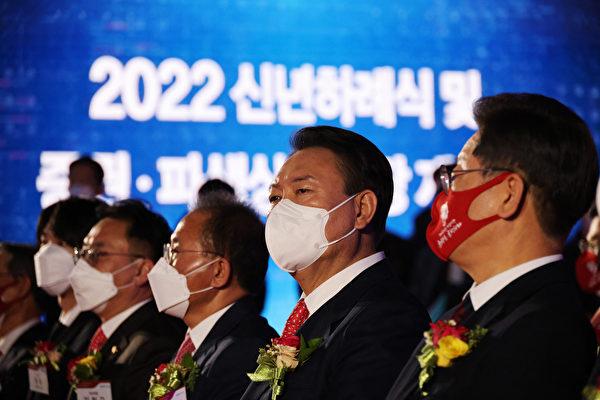As a run-up to the 2022 South Korean presidential election scheduled for March 9, four candidates clashed in a two-hour televised debate. The candidates sparred over their approaches to the United States and China as well as their plans to reinforce national missile defense against North Korea.
The debate, on the evening of Feb. 3, brought together Lee Jae-myung of the ruling Democratic Party (DP), Yoon Suk-youl of the main opposition People Power Party (PPP), Sim Sang-jung of the progressive Justice Party, and Ahn Cheol-soo of the minor opposition People’s Party.





